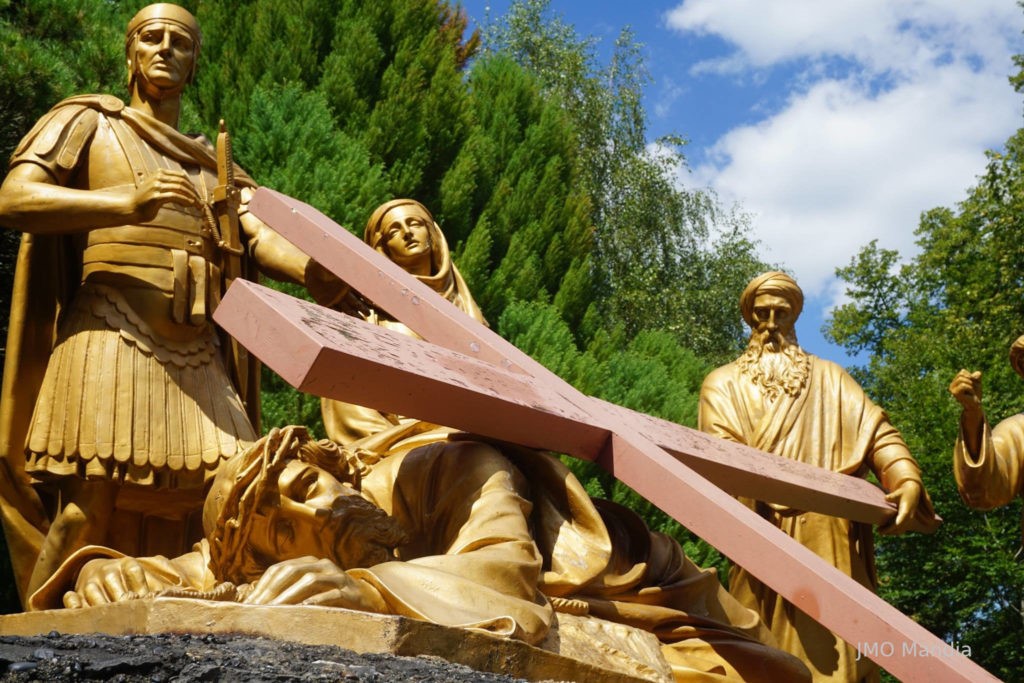– Rev José Mario O Mandía
Physical evils can be permitted or willed by God. But God never wills moral evil, he doesn’t want anyone to sin. But He permits moral evil to happen. Why?
The experience of evil sometimes provokes questions or doubts about God’s wisdom, or his goodness, or his power. We have seen, however, that God has created the world through His Logos, a term that does not only mean “word,” but also “reason” or “explanation.” There is always a reason why God acts in a certain way.
The Catechism (no 312) says: “In time we can discover that God in his almighty Providence can bring a good from the consequences of an evil, even a moral evil, caused by his creatures: ‘It was not you,’ said Joseph to his brothers, ‘who sent me here, but God. . . You meant evil against me; but God meant it for good, to bring it about that many people should be kept alive’ (Gen 45:8; 50:20; cf Tob 2:12 (Vulgate)) From the greatest moral evil ever committed – the rejection and murder of God’s only Son, caused by the sins of all men – God, by his grace that ‘abounded all the more’ (cf Romans 5:20) brought the greatest of goods: the glorification of Christ and our redemption. But for all that, evil never becomes a good.”
What we are sure of is that in the end, evil will not triumph. The CCC 313 teaches: “‘We know that in everything God works for good for those who love him.’ The constant witness of the saints confirms this truth:
“St Catherine of Siena said to ‘those who are scandalized and rebel against what happens to them’: ‘Everything comes from love, all is ordained for the salvation of man, God does nothing without this goal in mind.’
“St Thomas More, shortly before his martyrdom, consoled his daughter: ‘Nothing can come but that that God wills. and I make me very sure that whatsoever that be, seem it never so bad in sight, it shall indeed be the best.’
“Dame Julian of Norwich: ‘Here I was taught by the grace of God that I should steadfastly keep me in the faith… and that at the same time I should take my stand on and earnestly believe in what our Lord shewed in this time – that “all manner (of) thing shall be well.”’”
There is always a reason why God acts in a certain way. But a complete explanation will need to take in the complete picture. This picture can only be drawn once the whole history of mankind has come to its conclusion. God intends to answer this question, but he will only do it during the Last Judgment.
CCC (no 314) reminds us: “We firmly believe that God is master of the world and of its history. But the ways of his providence are often unknown to us. Only at the end, when our partial knowledge ceases, when we see God ‘face to face’ (I Corinthians 13:12), will we fully know the ways by which – even through the dramas of evil and sin – God has guided his creation to that definitive sabbath rest (cf Genesis 2:2) for which he created heaven and earth.”
The Last Judgment has been planned by God not only to render justice to each man and woman. Above all, it will render justice to God, whom we often think is unfair. In that final moment, he will tell us the whole story, we will see the complete picture, the whys, the wherefores of our journey on earth.


 Follow
Follow


